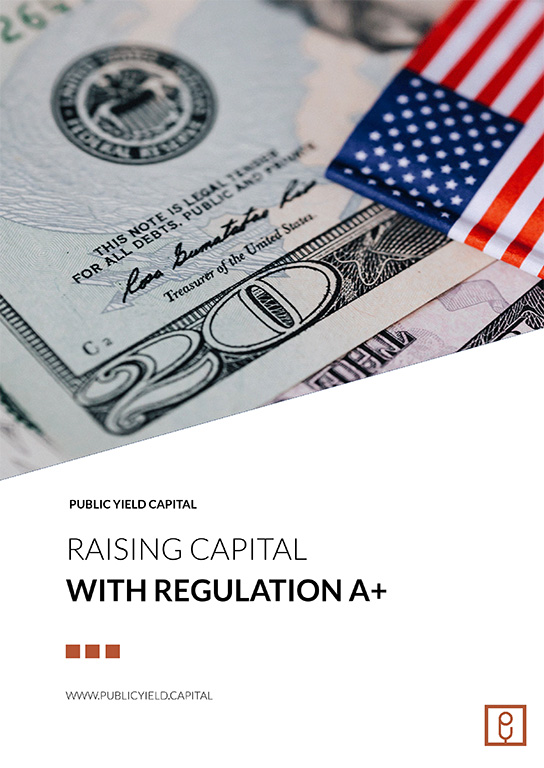
Personal investments, Crowdfunding, Equity Crowdfunding, Series A, Angel Investing—when you’re trying to get a new business up and running, there are a ton of options for generating startup capital. With so many options available, figuring out which one is right for your situation can be overwhelming. Let’s take a look at one of the major sources of startup capital available to aspiring entrepreneurs.
Series A Financing

There are startups, and then there are startups. When many of us think of startup companies, our immediate image is pre-revenue, or maybe first year of business—literally just starting up—but “startup” can refer to any company that is still in the process of executing their initial business plan. A startup, in this case, is a company that’s already operational, has possibly completed a few rounds of funding, and is at the point where they’re ready to start hanging out at crossroads under the full moon in exchange for the capital they need to take their business to the next stage.
In terms of the age-old question “where does money come from,” Series A is one of the most traditional examples. Not in the sense that it comes from the results of hard work and success—that would be insane, right?—but in that it’s the most traditional way for a business to raise money, i.e. appeal to a person or fund that has a lot of it.
Hence, Series A.

If Equity Crowdfunding is asking the common, everyday person to believe in your company enough to invest in you, Series A is convincing a bunch of Private Equity or Institutional investors that if they invest in your company now, they’ll make a killing (or at the very least a profit) later. Seeing as how these are the people who have most of the money, companies are targeting a much smaller crowd in terms of volume, with a much, much higher ability to invest in them.
This is where the difference between startups and startups comes in. Series A Financing is usually only an option once a company has already finished their first few rounds of fundraising, and ideally already has a business plan in place or, better yet, is already generating revenue. Series A Financing heavily relies on attracting investment from private equity or institutional investors who are much more likely to invest in a company that’s already through its growing pains.


Series A financing offers early-stage companies a sudden cash injection. Usually in exchange for stock options with more guarantees than public investors might get, and certainly more than people buying shares on the open market, these private equity funds and/or institutional bodies provide massively larger lump-sum investments that the company could use to expand, franchise, invest in infrastructure, or even acquire other companies.
At the end of the day, the game is the same, the audience is just different. If you’re operating a raise, whether it’s Regulation A, regular old crowdfunding, or Series A, the key for early-stage companies is to know your business, and know what makes you attractive to investors. The rest comes down to luck and marketing.
Public Yield Capital is a leading investor marketing partner specializing in equity crowdfunding to support innovative companies raising corporate awareness and their capital.



